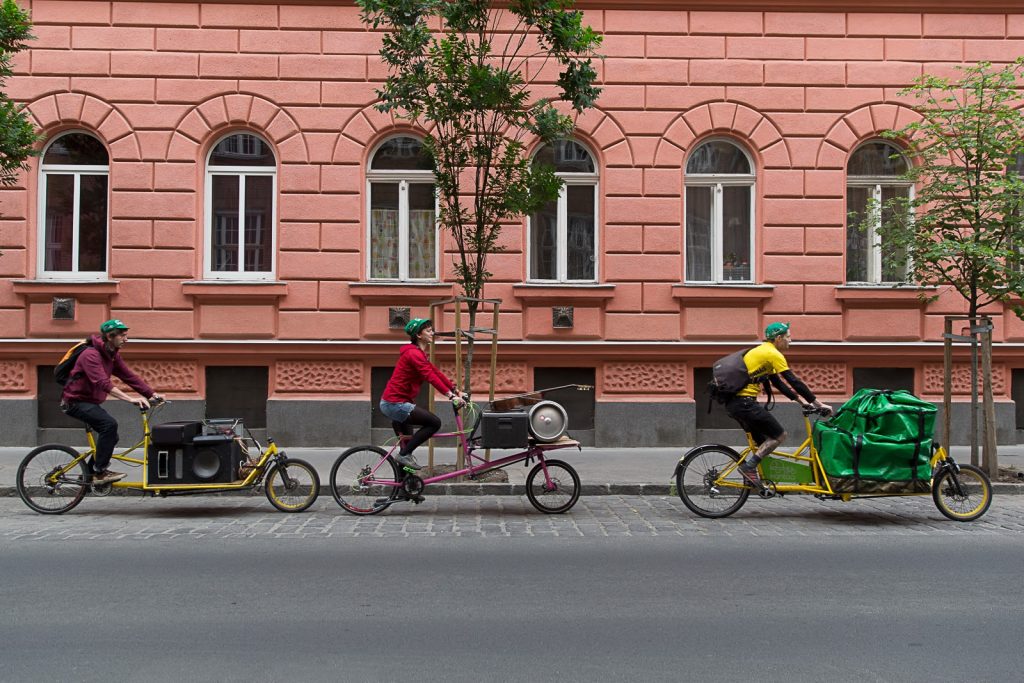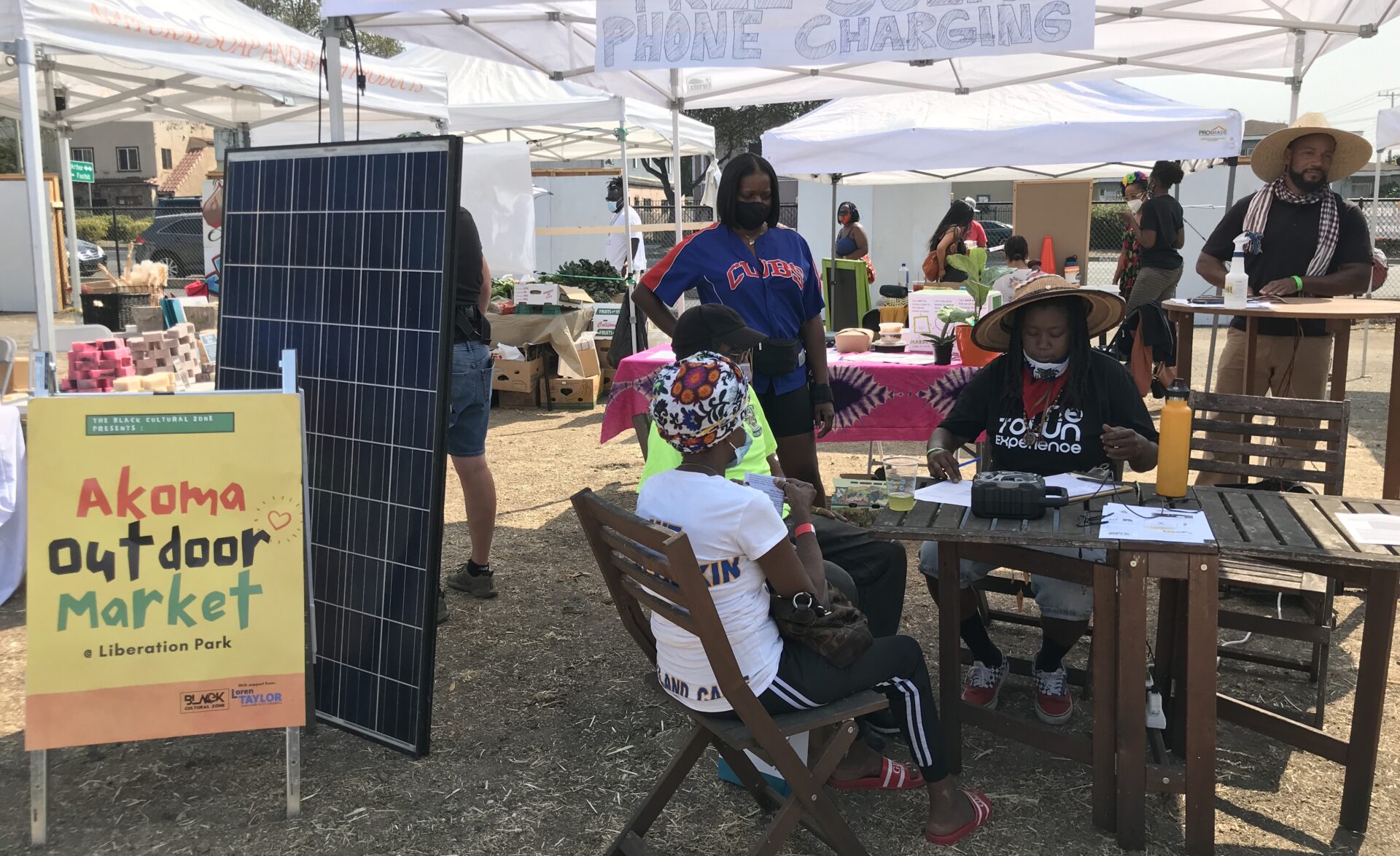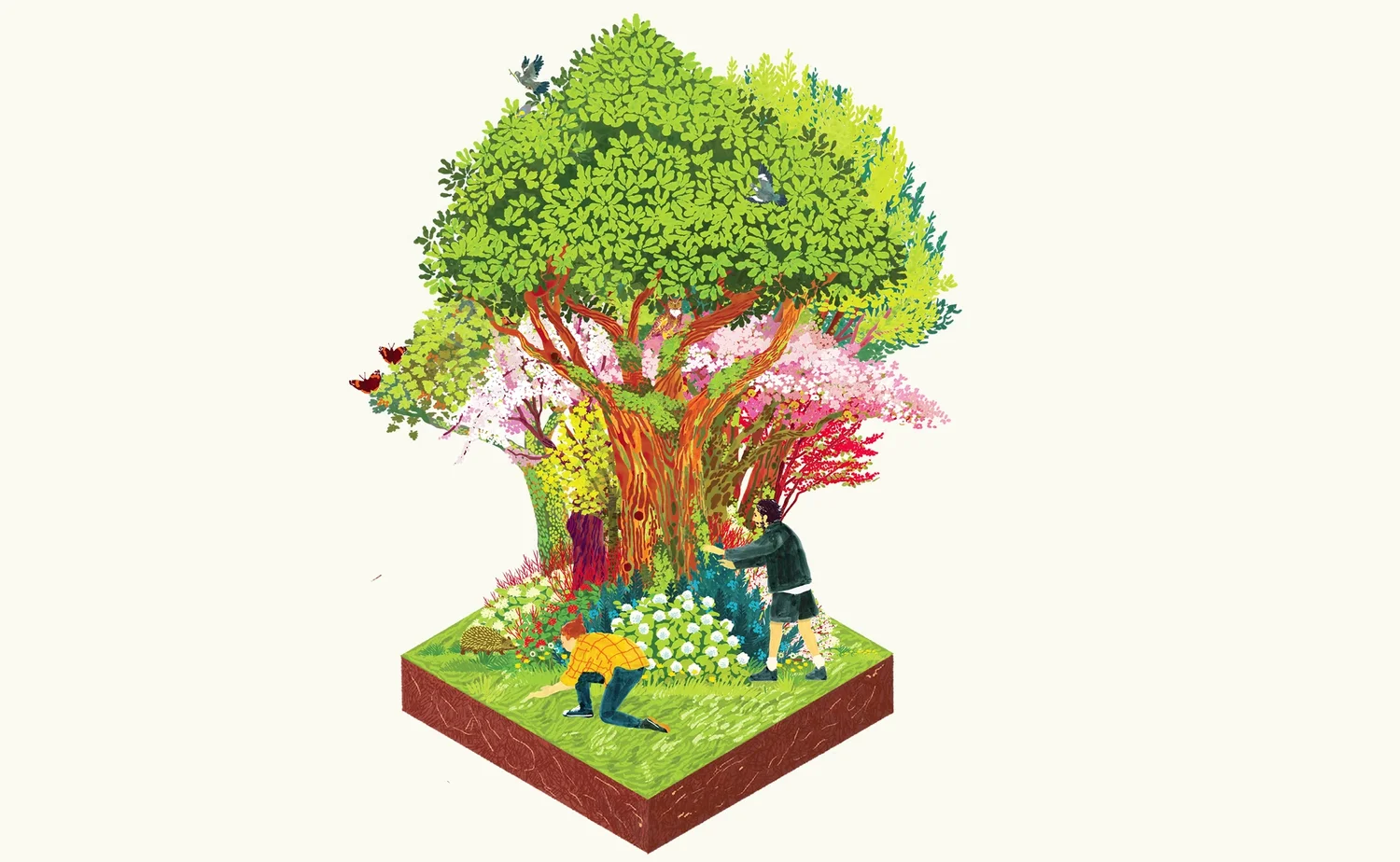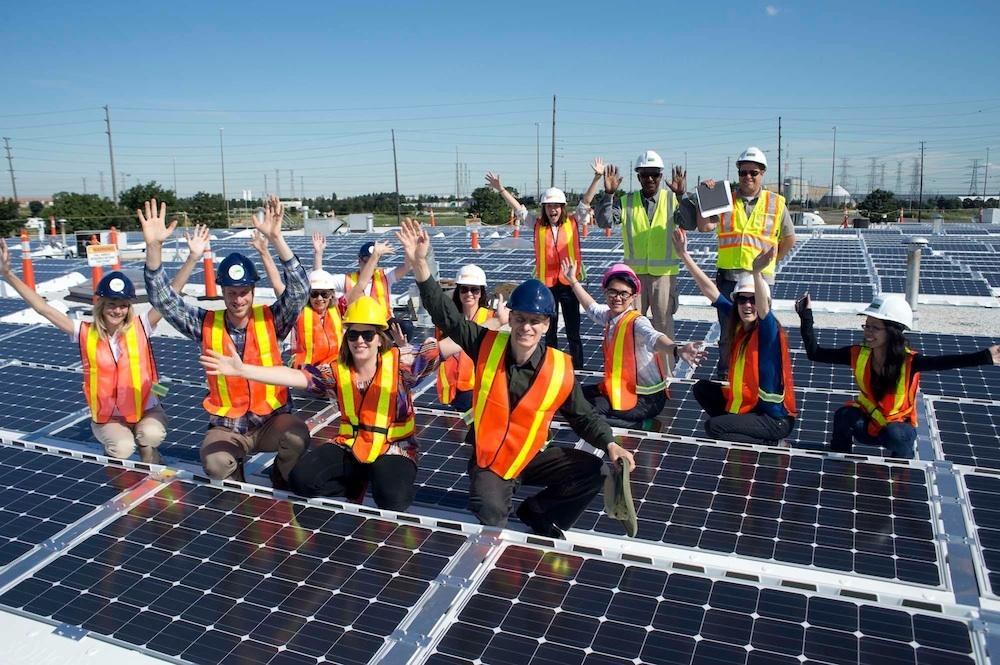Cargonomia in Budapest, a holistic vision to sustainable urban mobility
In urban logistics, the ‘last mile’ refers to the final stretch of the transport of goods – for example, the distance a truck or a van completes carrying your last online find from a warehouse, a dock, or another trade logistics infrastructure in or near your city, until your door.





